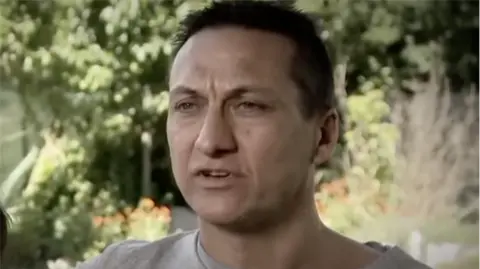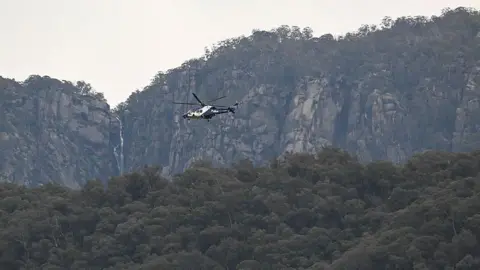Australia has long been at the forefront of internet governance, and its latest initiative aims to safeguard the mental health of its youth amid growing concerns around social media's influence. The ambitious regulation, which seeks to ban under-16s from accessing social media, is set to take effect in December, yet critical details about enforcement and compliance remain undefined.
One of the primary platforms impacted by this law is YouTube, where many young Australians frequently engage. However, ambiguity surrounds whether the video-sharing platform will be included under the new restrictions. Regulatory bodies have not yet released guidelines regarding how social media companies should verify users' ages or the penalties for non-compliance—potentially resulting in fines exceeding $30 million.
Julie Inman Grant, Australia's commissioner for online safety, acknowledged the challenges, stating in a recent address, "We may be building the plane a little bit as we’re flying it," while expressing her confidence in the government's ability to implement the law.
If successful, this legislation could have a significant ripple effect, inspiring other countries and U.S. states to adopt similar measures as concerns over adolescent mental health and addiction to social media grow increasingly urgent. Australia's efforts could pave the way for a new global standard in youth social media access and safety.
One of the primary platforms impacted by this law is YouTube, where many young Australians frequently engage. However, ambiguity surrounds whether the video-sharing platform will be included under the new restrictions. Regulatory bodies have not yet released guidelines regarding how social media companies should verify users' ages or the penalties for non-compliance—potentially resulting in fines exceeding $30 million.
Julie Inman Grant, Australia's commissioner for online safety, acknowledged the challenges, stating in a recent address, "We may be building the plane a little bit as we’re flying it," while expressing her confidence in the government's ability to implement the law.
If successful, this legislation could have a significant ripple effect, inspiring other countries and U.S. states to adopt similar measures as concerns over adolescent mental health and addiction to social media grow increasingly urgent. Australia's efforts could pave the way for a new global standard in youth social media access and safety.





















